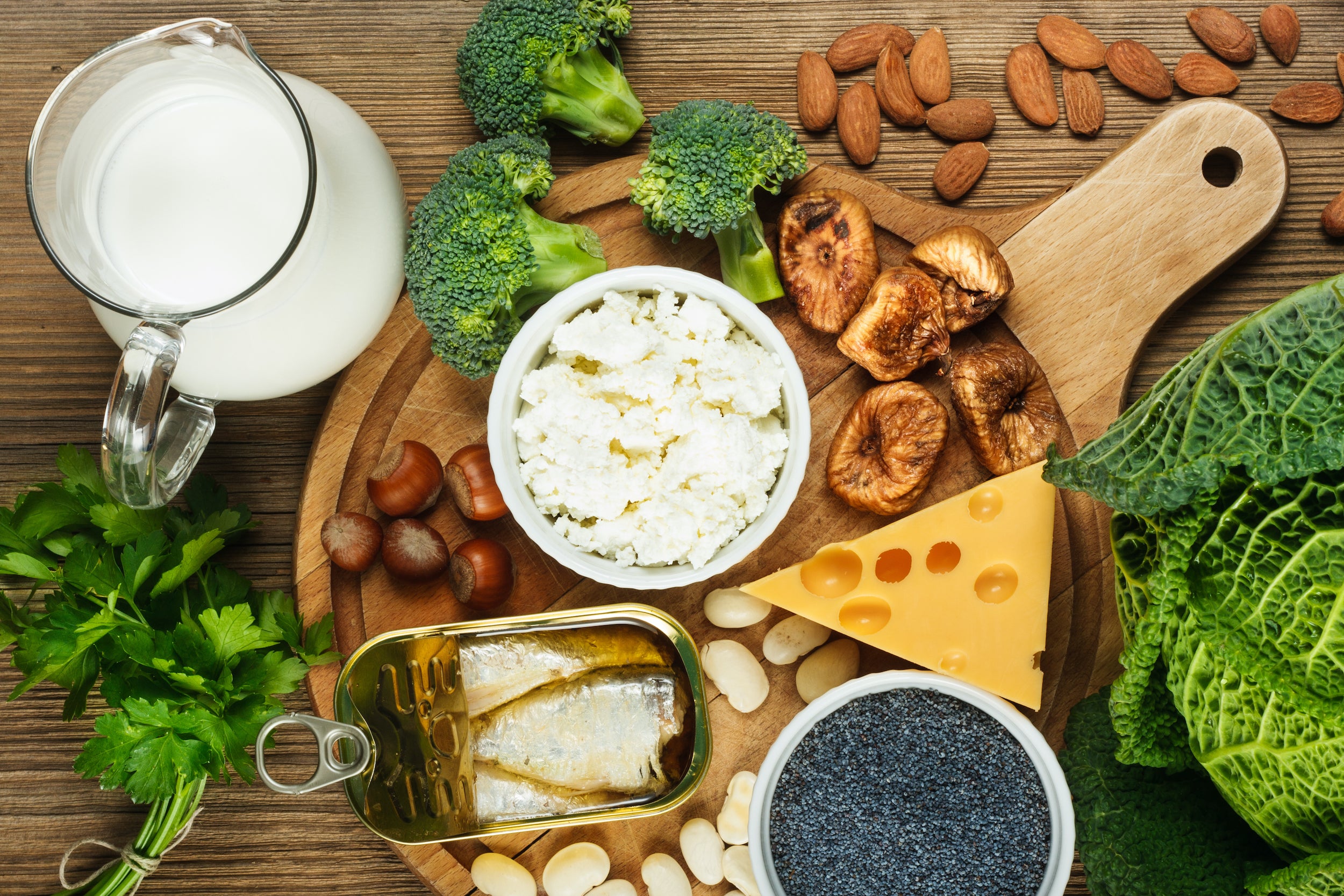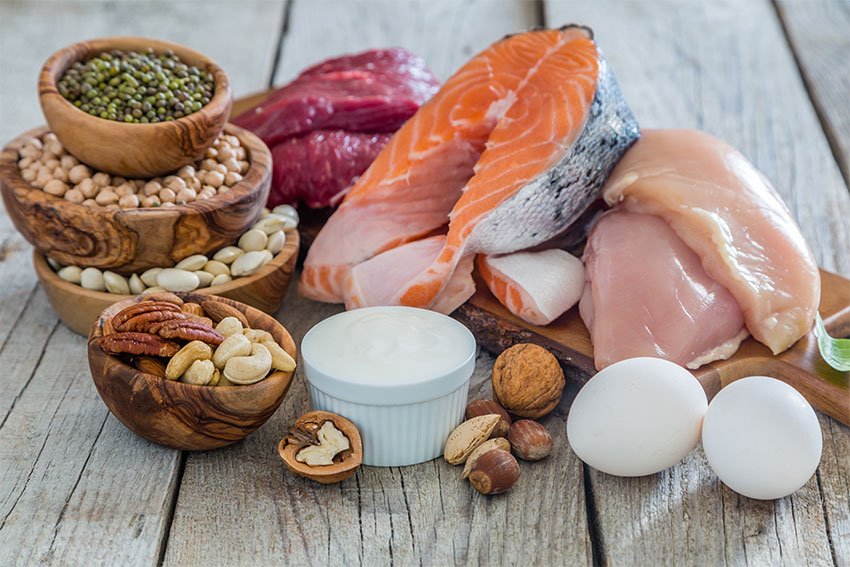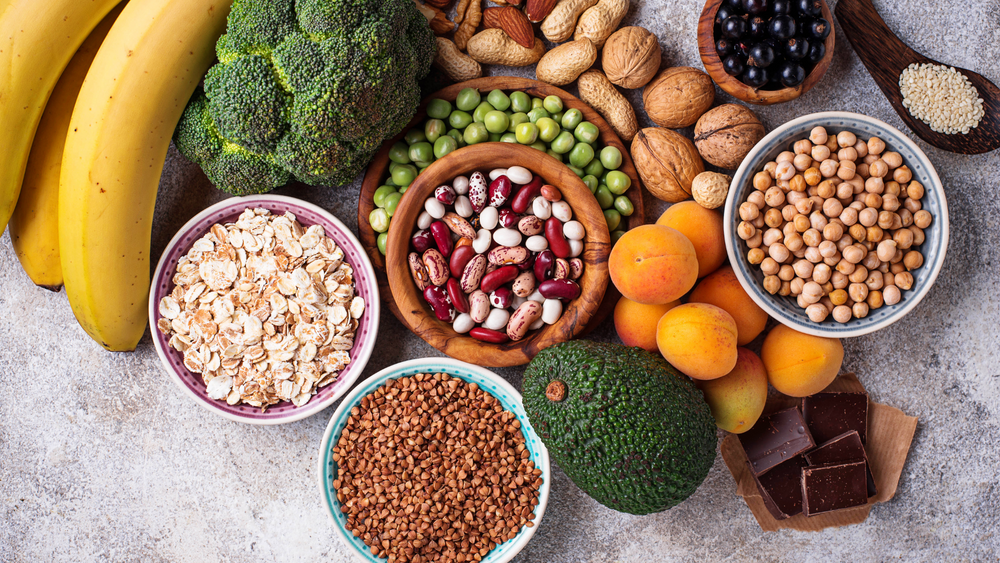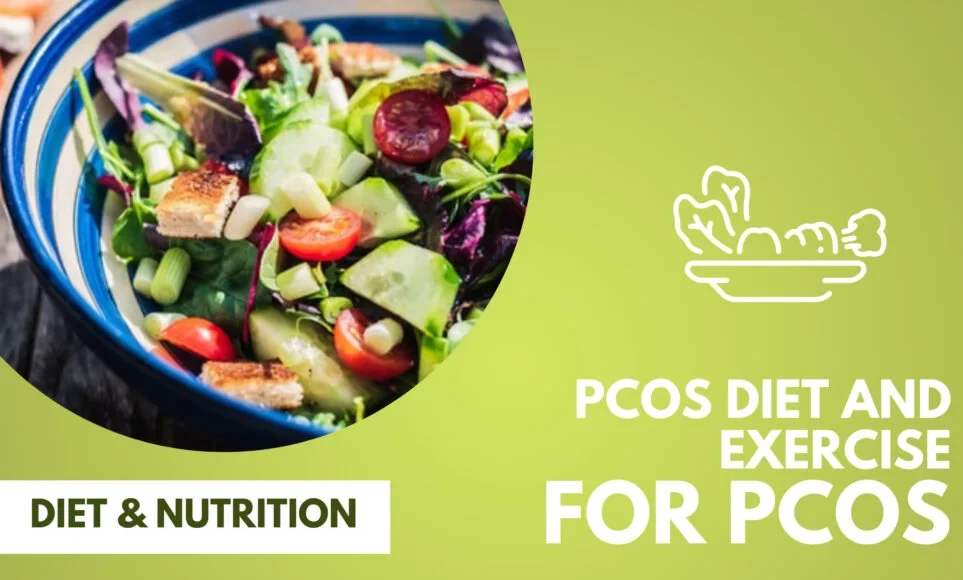Introduction
Osteoporosis is a silent disease that weakens bones, making them fragile and more susceptible to fractures. Women over 40 are particularly at risk due to hormonal changes that affect bone density. However, the good news is that osteoporosis is preventable with the right lifestyle choices. This comprehensive guide will explore effective strategies to maintain strong bones, reduce the risk of osteoporosis, and ensure a healthier future.
Understanding Osteoporosis
Osteoporosis occurs when the body loses too much bone, makes too little bone, or both. As a result, bones become porous and fragile. The condition is often called a “silent disease” because bone loss happens without symptoms until a fracture occurs. Postmenopausal women are at higher risk due to declining estrogen levels, which play a crucial role in bone maintenance.
Risk Factors for Osteoporosis in Women Over 40
Several factors contribute to osteoporosis, including:
- Age: Bone density naturally decreases with age.
- Hormonal Changes: Decreased estrogen levels during menopause accelerate bone loss.
- Genetics: A family history of osteoporosis increases the risk.
- Dietary Deficiencies: Lack of calcium and vitamin D weakens bones.
- Sedentary Lifestyle: Lack of weight-bearing exercise leads to decreased bone strength.
- Smoking and Alcohol Consumption: These habits reduce bone density.
- Medical Conditions: Conditions such as rheumatoid arthritis and thyroid disorders can impact bone health.
1. Eat a Bone-Strengthening Diet
One of the best ways to prevent osteoporosis is by maintaining a nutrient-rich diet. Focus on the following:
Calcium-Rich Foods

Calcium is the primary mineral in bones. Women over 40 should aim for at least 1,000-1,200 mg of calcium daily. Good sources include:
- Dairy products (milk, yogurt, cheese)
- Leafy greens (kale, spinach, collard greens)
- Almonds and chia seeds
- Sardines and salmon (with bones)
- Fortified foods (cereals, plant-based milk, orange juice)
Vitamin D for Calcium Absorption
Vitamin D helps the body absorb calcium efficiently. Natural sources include:
- Sunlight exposure (10-30 minutes a day, depending on skin tone)
- Fatty fish (salmon, mackerel, tuna)
- Egg yolks
- Fortified foods (milk, cereals, orange juice)
- Supplements if necessary (consult a doctor for dosage)
Protein for Bone Structure

Protein is essential for maintaining bone strength. Include:
- Lean meats, poultry, and fish
- Legumes and lentils
- Nuts and seeds
- Dairy and plant-based protein sources
Magnesium and Vitamin K

These nutrients help regulate calcium and support bone health. Find them in:
- Nuts and seeds (almonds, sunflower seeds)
- Whole grains (brown rice, quinoa, oats)
- Leafy greens (broccoli, kale, Brussels sprouts)
2. Stay Active with Weight-Bearing Exercises
Physical activity is crucial for maintaining strong bones. Women over 40 should incorporate:
Weight-Bearing Exercises

These exercises force bones to work against gravity, strengthening them:
- Walking or brisk walking
- Jogging or running
- Dancing
- Hiking
Strength Training

Lifting weights helps maintain bone mass and muscle strength:
- Resistance band exercises
- Dumbbell workouts
- Bodyweight exercises (push-ups, squats, lunges)
Balance and Flexibility Training

Improving balance reduces fall risks, preventing fractures:
- Yoga
- Pilates
- Tai Chi
3. Maintain a Healthy Lifestyle
Lifestyle habits play a crucial role in bone health. Consider these changes:
Quit Smoking
Smoking reduces bone mass and interferes with calcium absorption. Quitting smoking significantly reduces the risk of osteoporosis.
Limit Alcohol Consumption
Excessive alcohol consumption can weaken bones. Limit intake to no more than one drink per day.
Manage Stress Levels
Chronic stress can lead to higher levels of cortisol, which weakens bones. Try meditation, deep breathing, or hobbies that help relieve stress.
4. Regular Bone Health Screenings
Women over 40 should get regular bone density tests (DEXA scans) to assess bone health. Early detection of bone loss can help take preventive measures.
5. Consider Supplements if Necessary
If dietary intake is insufficient, consider supplements for:
- Calcium: 1,000-1,200 mg daily
- Vitamin D: 600-800 IU daily
- Magnesium: 320 mg daily
- Vitamin K: 90 mcg daily
Always consult a healthcare provider before starting supplements.
6. Hormone Therapy for Postmenopausal Women
For some women, hormone replacement therapy (HRT) can help maintain bone density by restoring estrogen levels. Discuss risks and benefits with your doctor.
7. Adopt Fall Prevention Strategies
Falls can lead to fractures in women with osteoporosis. To reduce fall risks:
- Remove tripping hazards at home
- Install handrails and grab bars
- Use non-slip mats in the bathroom
- Wear supportive shoes
Also read about: How to Perform a Breast Self-Exam: A Step-by-Step Guide.
Conclusion
Preventing osteoporosis requires a proactive approach, especially for women over 40. A balanced diet rich in calcium, vitamin D, and other essential nutrients, combined with regular exercise, a healthy lifestyle, and preventive screenings, can significantly reduce the risk of osteoporosis. By taking these steps today, you can ensure stronger bones and a healthier future.
[Link to a related article “Adopt Fall Prevention Strategies”]


Pingback: How to Build a Sustainable Eating Plan.
Pingback: Early Signs of Osteoporosis: What Women Need to Know